
On Tuesday, last week, a $1-million water project was launched in the Upper East regional capital, Bolgatanga, by WaterAid Ghana, an international non-profit making organisation, with funding support from the AB InBev Foundation, which has a mission, including providing access to clean water.
The project is aimed to improve livelihoods and health of more than 500,000 residents in five districts and municipalities in the region, namely Bongo, Kassena-Nankana, Kassena-Nankana West, Nabdam, and Bawku West.
The Ghanaian Times applauds the choice of the districts for the fact they are in the Upper East Region.
The region is known to be particularly vulnerable to climate change and its associated impacts such as decreased rainfall, drought and food insecurity.
These adverse impacts affect the poor, women and children the most, as in terms of decreased rainfall and drought, women and able children in particular would have to toil all day long to look for water for their households before food can be prepared and issues relating to health such as bathing and women keeping themselves clean while in their menses can be taken care of.
Because women are the managers of the home and water plays major roles in how they take care of themselves and how they keep the home running, if they have to toil all day to get water, it means life at home is jeopardised.
In fact, the case of how the vulnerable in the Upper East Region suffer most of the time to get water and are unable to accomplish certain tasks on some days and how little amounts of water brighten their days truly bring out the meaning of the saying “water is life”.
In the face of this, it is commendable that WaterAid Ghana and the AB InBev Foundation have rolled out the three-year project since April this year and hope to end its handling in 2027.
The project is not just to provide water but principally to improve livelihoods and health outcomes in the region and this objective must be pursued vigorously by the beneficiary communities, so that by the end of the project tenure, WaterAid would feel proud having rolled out the project for the right communities and be gingered the more to move on to other communities to help improve their lives too.
It is worthy of note that the project is a transformational one targeted at addressing the impacts of climate change such as dry spells, floods and food insecurity that bring untold hardship to people in the region.
Thus, it prioritises community-led resilience by enhancing local capacities to manage water resources amidst the dire adversities of climate change.
That is to say the project is also a tool for learning to manage water resources, which is very much important for a people to whom even just a little amount of water is like any precious mineral.
It is the hope of everyone that the beneficiary communities would not fail the test regarding what they, as humans, can do in the circumstances so that even if all their water problems cannot be solved at once, they can drastically be reduced.
The Ghanaian Times believes WaterAid would continue to apply its principle of going through thorough and painstaking research to ascertain which districts and municipalities in the Upper East Region or elsewhere need help, thereby providing solace to them who actually deserve it rather than being influenced to send help somewhere for political expediency or otherwise.
The post WaterAid’s U/E Region project true so appeared first on Ghanaian Times.
Read Full Story
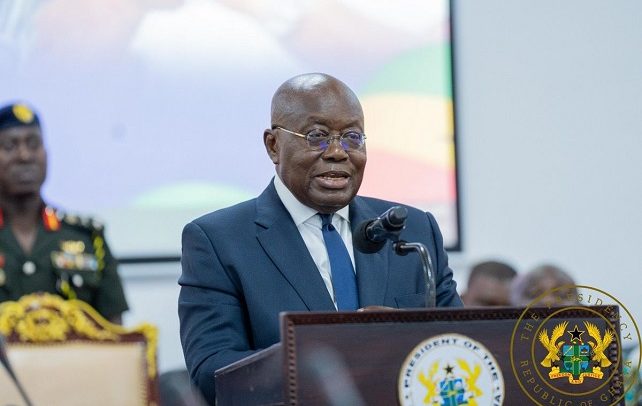
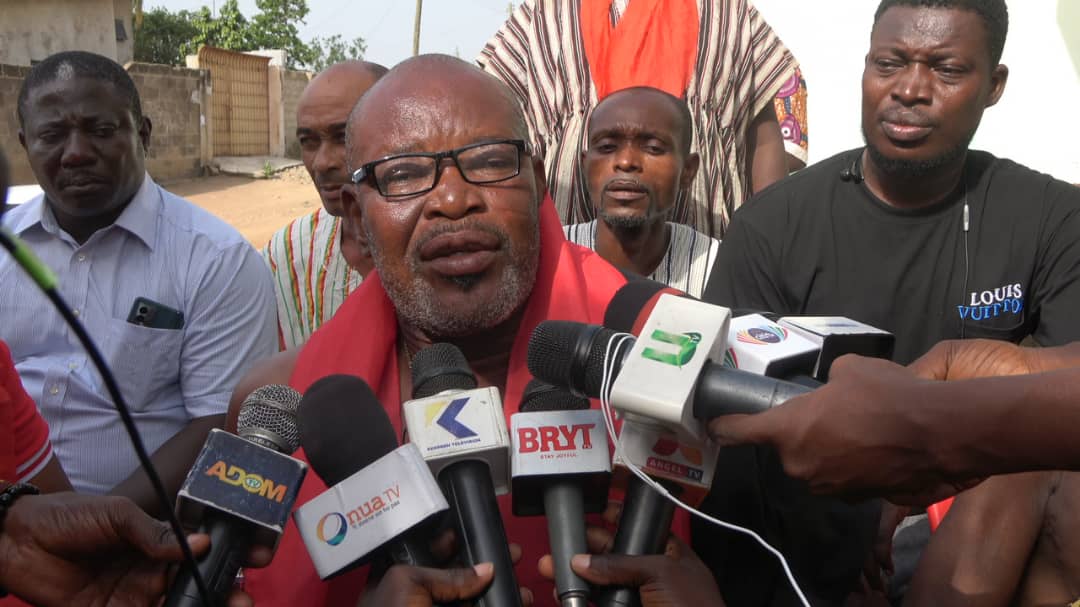


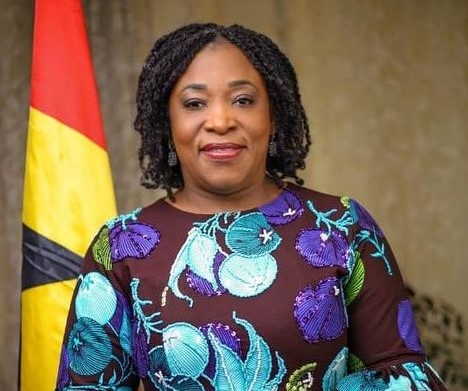

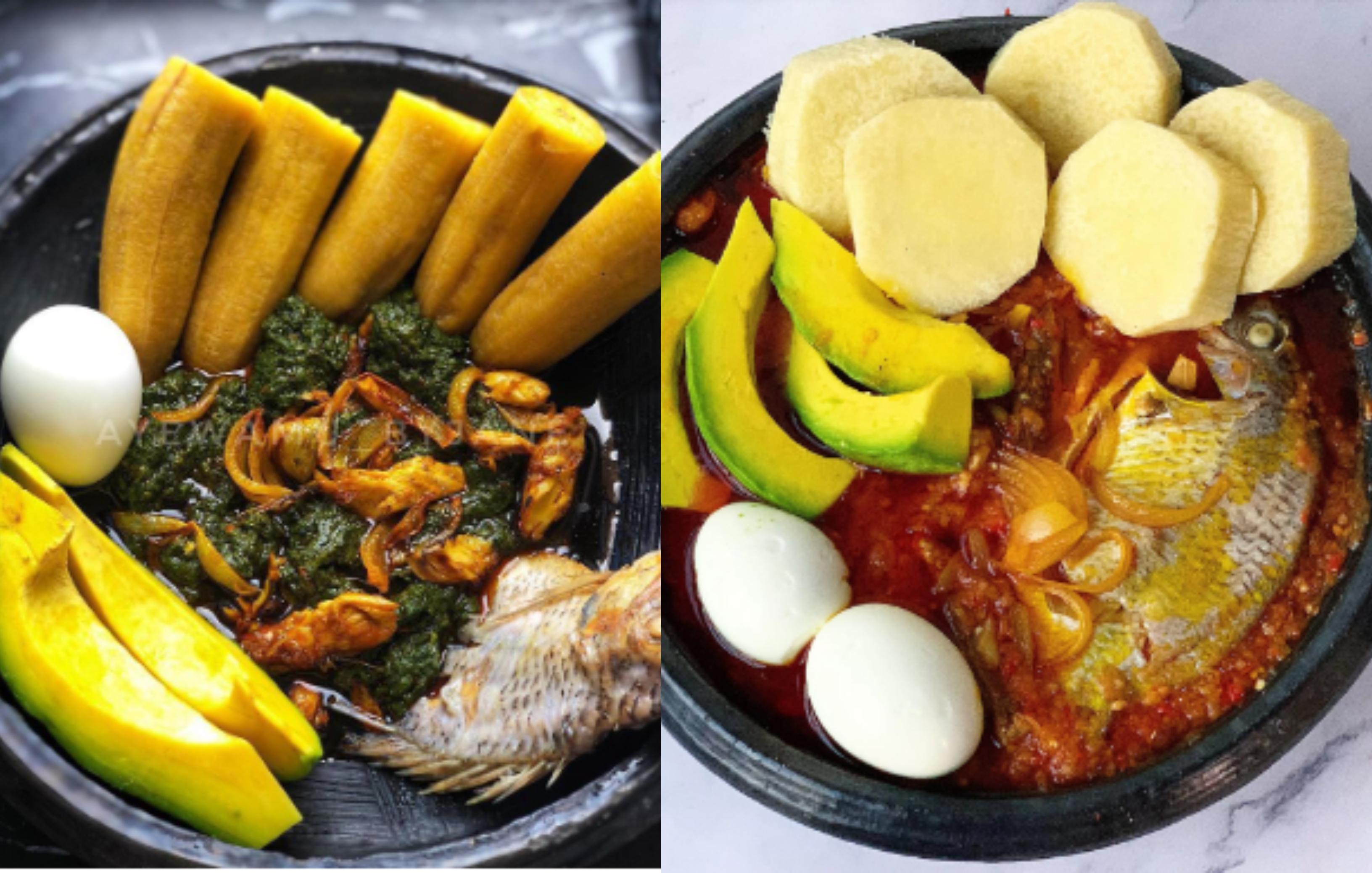


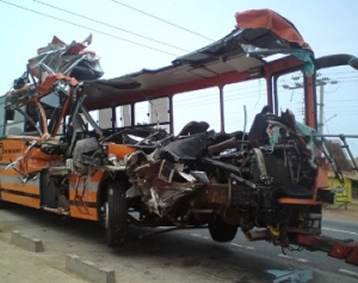


Facebook
Twitter
Pinterest
Instagram
Google+
YouTube
LinkedIn
RSS